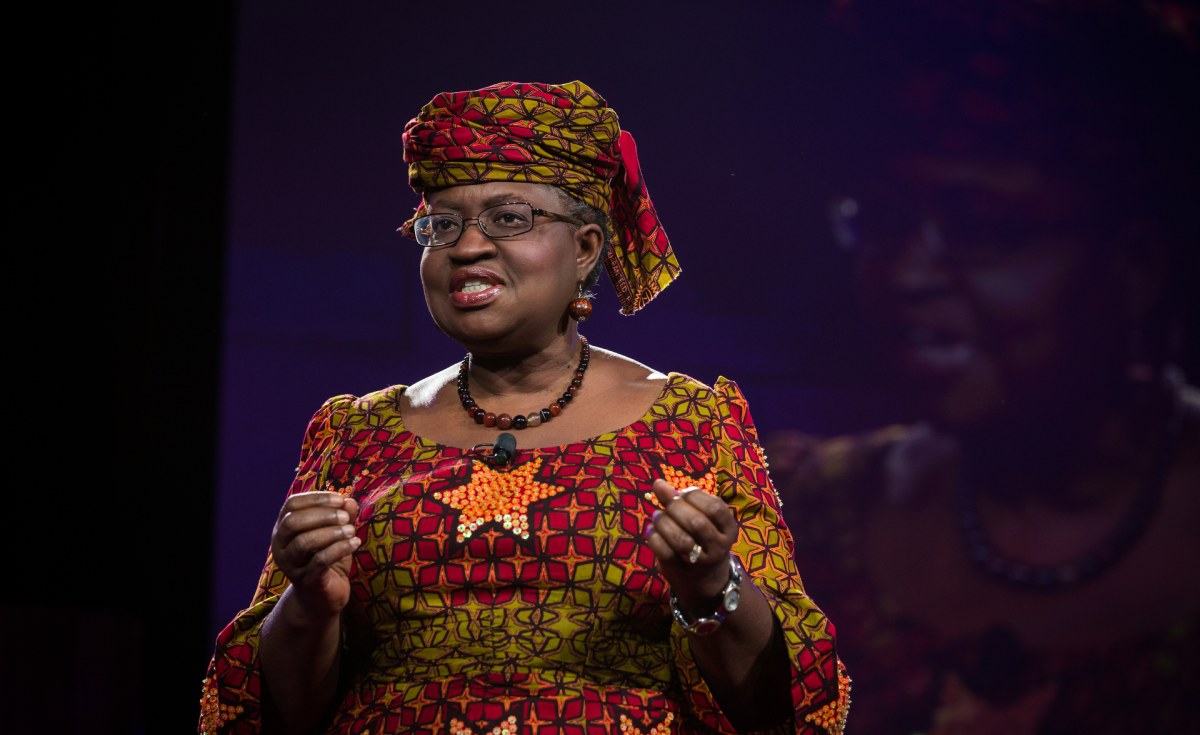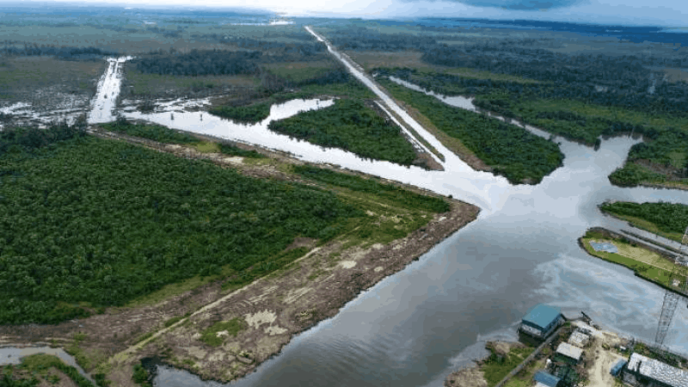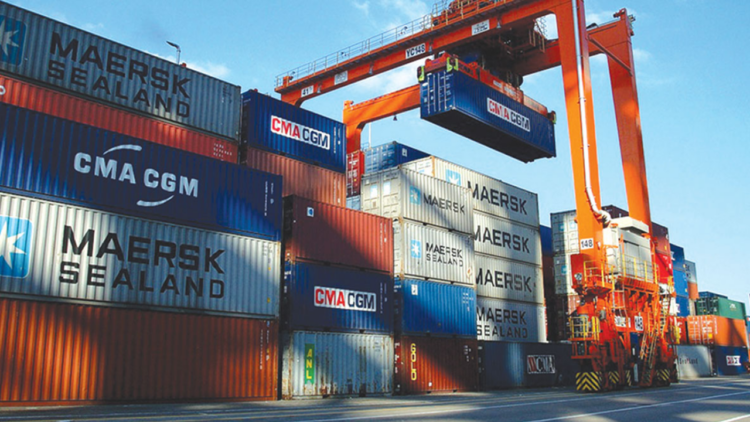Ngozi Okonjo-Iweala, director-general of the World Trade Organisation (WTO), says Nigeria can reap major rewards from artificial intelligence (AI) if proactive.
Okonjo-Iweala spoke at the 10th convocation ceremony of the African University of Science and Technology (AUST) in Abuja on Tuesday.
In her keynote address, the economist said Nigeria and three other African countries could reap significant economic benefits worth $136 billion from AI.
The WTO DG, citing a recent PricewaterhouseCoopers (PwC) report, said AI is projected to boost global economic activity by $15.7 trillion by 2030, with significant benefits for the global south, including Nigeria, Kenya, Ghana, and South Africa.
Advertisement
“These are four countries who are making strides in technology, and I’m glad Nigeria is fully one of them,” Okonjo-Iweala said.
“If Nigeria could get it right, her economy could reap major rewards.
“A recent report by Access Partnership, a public policy consultancy focused on technology, estimates that AI could generate $136 billion in productivity gains, cost savings, time savings, and increased revenues for four countries.
Advertisement
“But the gains and the savings amount to 13 percent of the 2022 GDP of these four countries, with Nigeria in line to receive 43 percent of the estimated gains.”
Okonjo-Iweala, who was also Nigeria’s former finance minister, said countries across the developing world “will need to be proactive to seize this potential, and we cannot afford to be left behind”.
Okonjo-Iweala said universities like AUST have a big role to play in thinking about what AI means for the development of Nigeria and the African continent, and how “we can capitalise on the opportunities whilst managing the risks”.
She said AI can address Nigeria’s long-standing development challenges such as education, healthcare, agriculture, finance, energy, and infrastructure, among others.
Advertisement
At the event, Oliver Alawuba, group managing director (GMD) and chief executive officer (CEO) of United Bank for Africa (UBA), was honoured with a doctorate in business administration in recognition of his outstanding contributions to the field.
‘DIGITAL DIVIDE, UNRELIABLE INTERNET STAND AS CHALLENGES’
Okonjo-Iweala said African countries are faced with significant barriers to adopting AI due to limited access to reliable internet and affordable digital infrastructure.
She said the digital divide risks excluding rural and underserved communities from the benefits of AI-driven advancements.
Advertisement
“Internet penetration in Nigeria, for example, stood at 43 percent in March 2024, down from 48 percent the previous year,” she added.
“So we must seize the emerging opportunities that internet penetration has to improve. Underpinning all that, of course, is access to reliable electricity supply.”
Advertisement
Okonjo-Iweala said power outages and constant interruptions might prove a more challenging constraint in Nigeria and other African countries regarding internet access and AI adoption than anything else.
Advertisement









